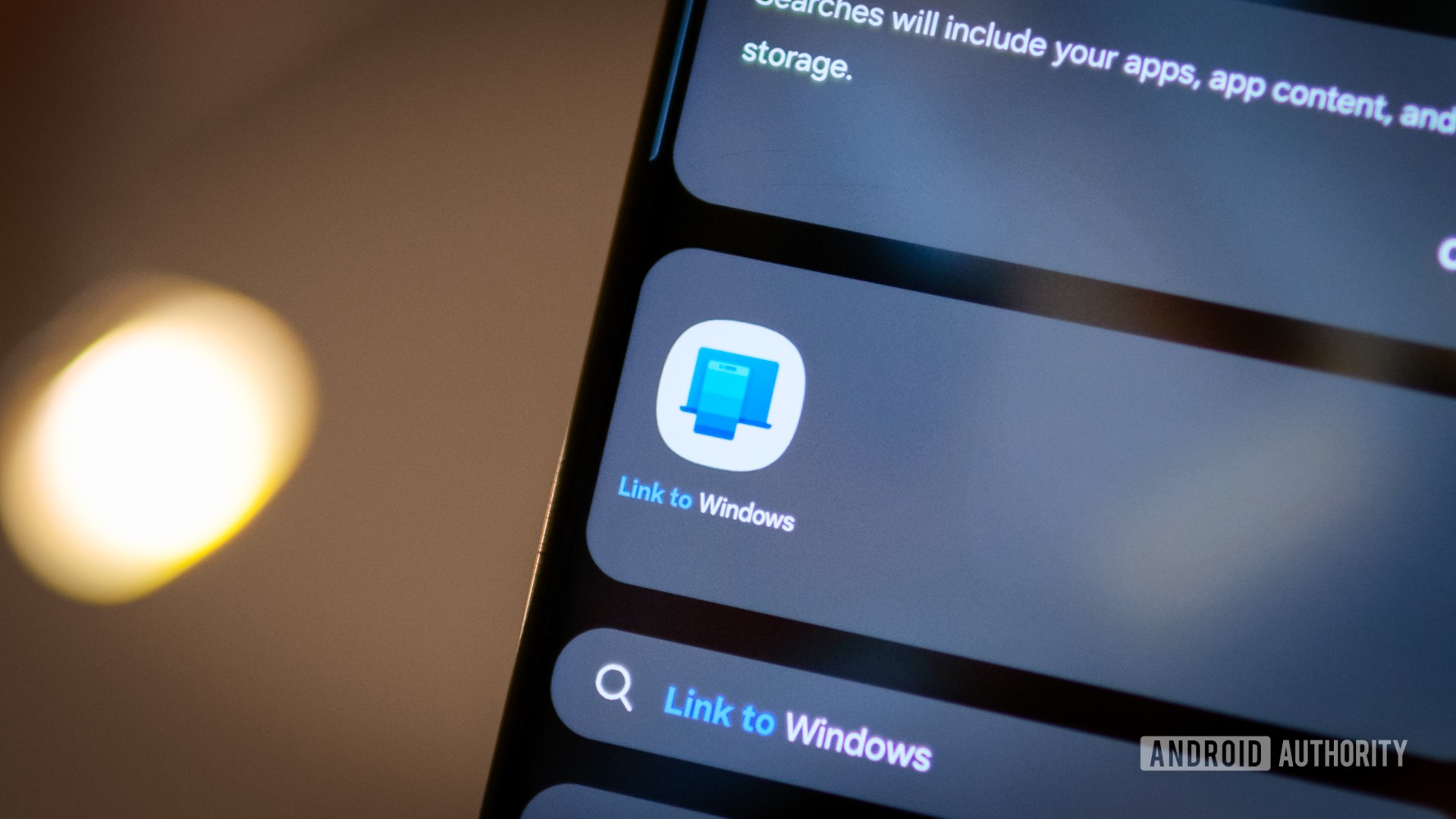Those people who have a keen interest in space and wish to spot where NASA’s International Space Station (ISS) is located in the sky have now been given a digital tool for it.
NASA has released a new app called “Spot The Station” which allows people to see where the ISS is hanging in space. The application can be downloaded for free on Android and iOS devices.
The application is a step ahead in the space agency’s already existing official website “Spot the Station”. It will have more information and capabilities to enhance the tracking experience of the International Space Station (ISS) for both casual stargazers and NASA acolytes.
Speaking about the application in an official statement, NASA said, “An augmented reality interface makes it easier for users to locate the station and provides options for capturing and sharing pictures and videos of their sightings in real-time. With the power of augmented reality, the app’s built-in compass will show you where the space station is — even if you’re on the other side of the globe. Users also can sign up for mobile notifications of upcoming viewing opportunities based on their exact location.”
People free to access, modify and customise ‘Spot the Station’
The International Space Station Programme created the application at NASA’s Space Operations Mission Directorate and the Centre of Excellence for Collaborative Innovation.
This is a special branch of the Prizes, Challenges and Crowdsourcing programme in the Space Technology Mission Directorate of the agency.
The code “Spot the Station” has been open source for public to freely acces it, customise as well as modify it to suit their needs and to provide valuable feedback to developer.
“Even after 23 years of continuous human presence aboard the International Space Station, it’s incredibly exciting to see the station when you look up at just the right moment,” said Robyn Gatens, International Space Station director at NASA Headquarters in Washington, in the same statement of NASA.
Watch | NASA reveals long-awaited findings of UFO report
“The orbiting laboratory that continues to provide so many unique, tangible benefits for humanity really isn’t that far out of reach,” he added.
“Spot the Station” was released officially just a month before the 25th anniversary of ISS, Zarya and Unity modules had come together on December 6, 1998.
NASA astronaut Bill Shepherd and cosmonauts Yuri Gidzenko and Sergei Krikalev became the first people to live on a space station on November 2, 2000.
(With inputs from agencies)










